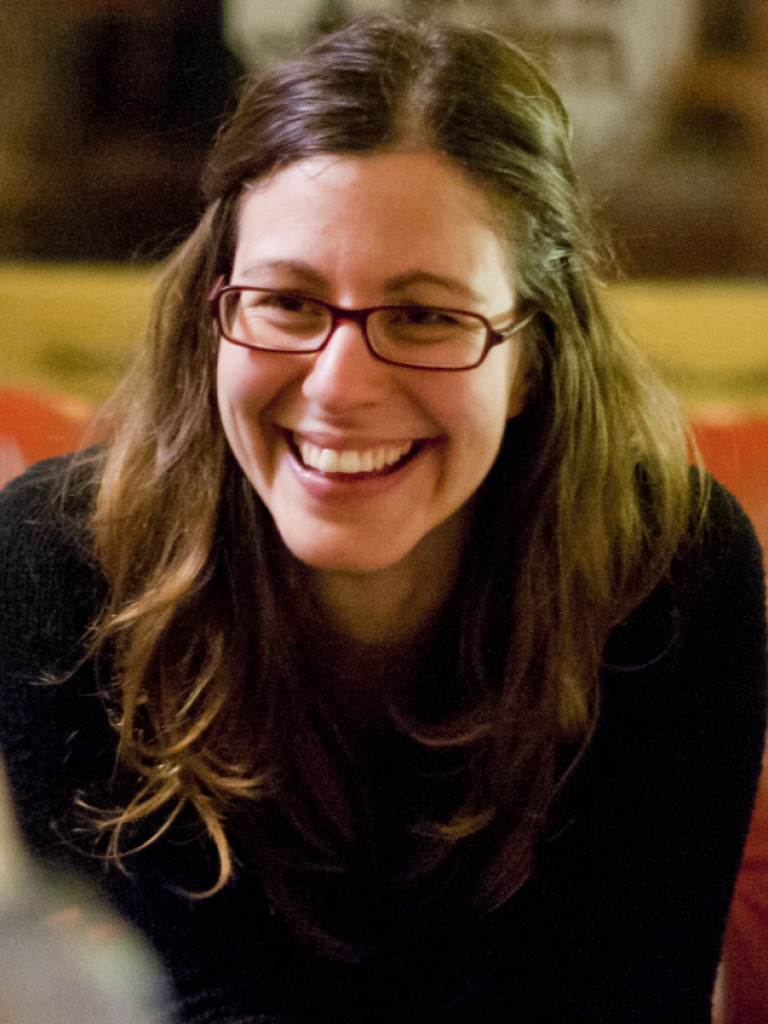
JULIANNA PHOTOPOULOS
- 2018
- Press Fellow
Julianna Photopoulos is a Greek freelance science journalist. Her writing has appeared in New Scientist, Chemistry World, BBC Earth, Scidev.Net, The BMJ, among others. She has also produced and presented the award-winning radio programme Vértice in Mexico and has been involved in numerous film productions for the BBC Natural History Unit and The Royal Institution of Great Britain. Julianna was recently awarded the 2018 EurekAlert! Fellowships for International Science Reporters and nominated for the European Science Writer of the Year Award 2018. She holds a biology degree and masters in both developmental genetics and science communication. 1. Why did you choose to become a science journalist? Although I loved science — and of course, still do — I decided rather than continue doing it and focussing on just one aspect of it, to share effectively what others (more patient than me) are doing in the scientific world. This allowed me to combine my passion for science with creativity, storytelling and curiosity for different topics. The process never ceases to challenge and excite me; it’s a constant learning process that at the end of the day helps all types of readers to be informed about science, join the discussions and make decisions. 2. What role do science and science communication play in your country? Science is important for every country’s development and economic growth. However, Greece unfortunately still hasn’t given science the priority it should have and many talented scientists are forced to leave the country due to the lack of funding and opportunities. Science communication is still at its early stages in Greece but is promising as it’s growing and evolving with exciting direct science engagement projects, including science festivals and events across Greek cities. The scientific community seems very open to these changes and those who have stayed see the need in communicating their work and other science achievements and discoveries to the public. 3. What are the main challenges of science journalism in your country? Science journalists are a rare species in Greece; there’s only a handful of them who are specialised. This means many journalists who end up reporting on science lack the necessary knowledge and training, and sometimes can report inaccurately. It also means science doesn’t get the attention or space it should — and could — in the various media outlets. Moreover, up until now, there isn’t any ‘science journalism’ or ‘science communication’ course offered at university level. Having said that, the few journalists that are specialised in science are trying to change how science is viewed by the public and media, and already discussions are being made with some university courses incorporating science journalism as a module. 4. Where do you see the big societal transformations in the future? What scientific research/discovery will change our world? It’s an exciting time for science; I see important transformations taking place in the areas of artificial intelligence, space research and genetics in the near future. 5. What book, movie or song has radically changed your perspective? And why? The documentary The Archipelago by Benjamin Huguet reminded me that we must never forget to question, dig deeper and look at all sides of a story before forming an opinion — especially in our never-ending conflicting relationship with the environment. The film, which looks into the controversial act of whale hunting that is embedded into the culture and self-sustainability of the Faroe Islands community, allowed me to develop new ways of thinking. It also helped me see that answers are more complicated when science intersects with tradition, culture or even religion, but they can still work together when we have a less confrontational approach.